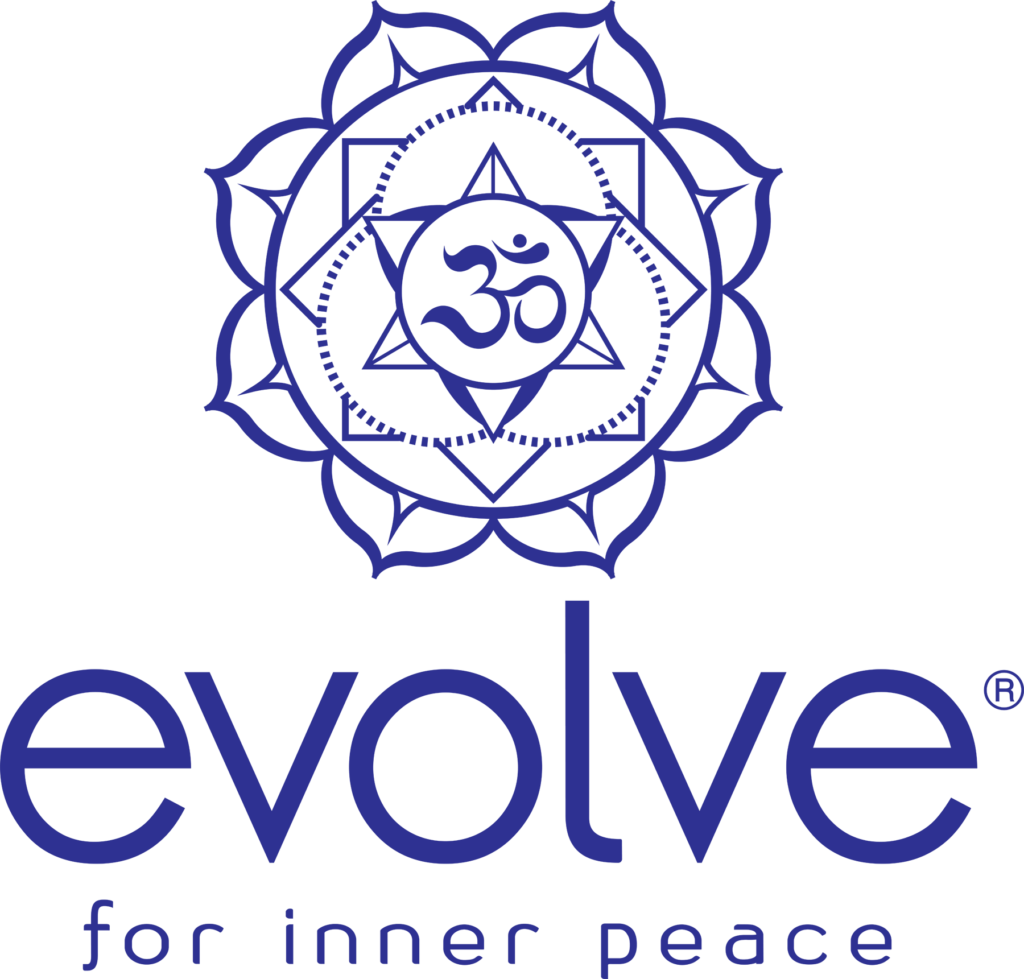 A man goes to an enlightened sage and asks, of course, for the meaning of life. The sage gives a brief summary of the Vedanta view, namely, that this entire world is nothing but the supreme Brahman or Godhead, and further, your own witnessing awareness is one with Brahman. Your very self is in a supreme identity with God. Since Brahman creates all and since your highest self is one with Brahman, then your highest self creates all. So far this definitely looks like New Age City.
A man goes to an enlightened sage and asks, of course, for the meaning of life. The sage gives a brief summary of the Vedanta view, namely, that this entire world is nothing but the supreme Brahman or Godhead, and further, your own witnessing awareness is one with Brahman. Your very self is in a supreme identity with God. Since Brahman creates all and since your highest self is one with Brahman, then your highest self creates all. So far this definitely looks like New Age City.
Off goes the gentleman convinced that he has understood the ultimate meaning of life, which is that his own deepest self is actually God and creates all reality. On the way home, he decides to test this amazing notion. Heading right toward him is a man riding an elephant. The gentleman stands in the middle of the road convinced that, if he is God, the elephant can’t hurt him. The fellow riding the elephant keeps yelling, “Get out of the way! Get out of the way!” But the gentleman doesn’t move – and gets perfectly flattened by the elephant.
Limping back to the sage, the gentleman explains that since Brahman or God is everything, and since his self is one with God, then the elephant should not have hurt him. “Oh, yes, everything is indeed God,” said the sage, “so why didn’t you listen when God told you to get out of the way?”
It is true that Spirit creates all reality, and to the extent you identify with Spirit, you do indeed find that you are within that creative activity. But that creative activity manifests in all four quadrants, not just in or from your own particular awareness.
Ken Wilber in his book, A Brief History of Everything, pg 289
Ken Wilber is on the forefront of modern Philosophy and has studied with Zen masters Hindu Gurus and Christian Mystics. He wrote his first major Philisophical work at the age of 23 and it took the world by storm. For many who are struggling with the idea that there is no such thing as better or worse, Ken invites us to develop a sense of depth and step beyond the ‘flatland’ of modern scientific materialsim, not by rejecting it, but by transcending and including our stages of development as we evolve and grow.

